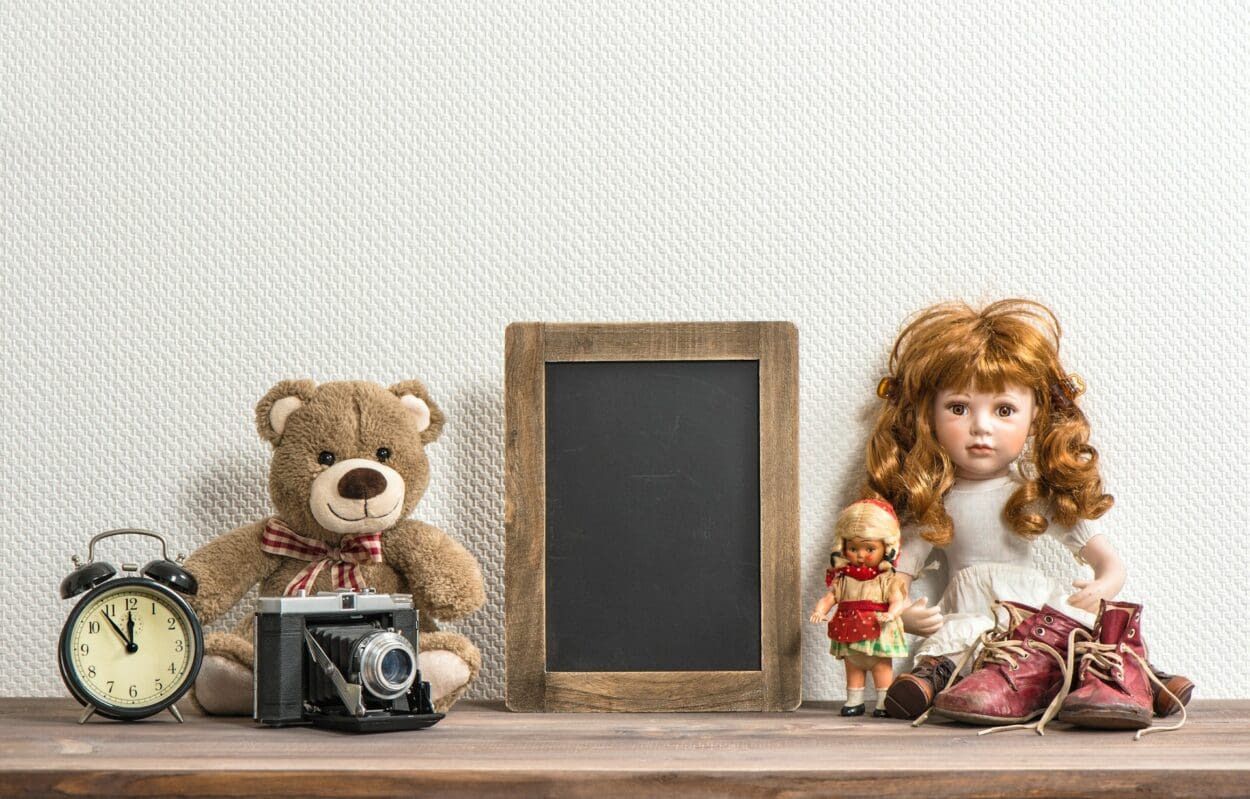Why Our Things Mean So Much and Why It’s So Hard to Let Them Go
Most people own many different possessions, and sooner or later, they need to be replaced or no longer have a use. When this time comes, simply throwing them out or giving them away can seem so difficult. But why is it tough to depart from our things, especially when they have no apparent emotional connection? That’s what we’ll explore here.
Why It’s So Hard to Let Go
Objects can serve as connections to our memories and experiences. Even if they aren’t overly sentimental, you can link them to your history. Here’s why we can attach so much importance to our possessions.
1. Nostalgia and Memory
The obvious reason is that items can evoke memories. The classic example would be an item you received from a departed loved one, but it can be more subtle than that. Even that jumper you’ve had for years can feel like it was part of an important era of your life. As a representation of your history, you want to keep it as a memento.
2. Identity and Self-Expression
Our identities are etched across our possessions. Whether it is the clothes you wear, the books you’ve read, or even the decorations in your home, they all say something about us. Giving these items away can feel like you’re losing a part of your identity and giving a part of yourself away.
3. Security and Comfort
There is comfort in familiarity. Examples include TV shows you keep rewatching, books you’ve re-read, or a constant part of your weekly routine. The same can apply to what we own. There is a warmth in our familiar possessions and losing them can undoubtedly make you feel uncomfortable.
4. Social Connections
You may also have a social connection to an item and link it to someone you love. The best example of this is gifts from friends or mementos from significant life events. Throwing away the item can feel like you’re throwing away your social connection, which can make you feel uneasy.
5. Grief and Letting Go
Letting go of our things can evoke feelings of grief. Possessions often represent our past, our dreams, and our identities. When we part with them, it can feel like we’re losing a piece of ourselves or closing a chapter of our lives. This process can stir up feelings of sadness and loss, similar to grieving. Acknowledging this emotional aspect is essential in understanding why letting go can be so challenging.
Strategies for Letting Go
If you’re struggling to let go, there are a few tactics you can deploy. Here are some strategies that can help you navigate the process.
Start Small
You don’t have to throw everything out straight away. Start small with the things you don’t have any emotional connection to. Begin with a single drawer or box and then go from there. It’ll make the process feel less overwhelming.
Four-Box Method
This is a method where you have four boxes labeled “Keep,” “Donate,” “Sell,” and “Trash.” This works by allowing you to make clear decisions about each item. This systematic approach can make the whole thing easier.
Ask Key Questions
It’s important to ask yourself if an item has any practical purpose and whether or not it brings value to your life. Think about the last time you used it, and whether or not it is worth the space it occupies.
Set Limits and Boundaries
Another good strategy is to set boundaries about what to keep. For example, you can limit the number of books you can own. This allows you to make more thoughtful decisions.
Talk About It
Don’t want to throw away an old gift? Send a message to a friend saying you’re letting it go but are grateful for the gift. This will make you feel as though you’re strengthening your friendship instead of weakening it.
Let Go of Guilt
You can let go of your guilt. If you no longer have use for an item, there is no need for you to keep it. Remind yourself the item is no longer bringing value to your life, and there is no shame in letting it go.
Final Thoughts
Things can mean something to us for a variety of reasons. We often have an emotional connection to our possessions, and it can be uncomfortable to break that emotional bond. However, if it no longer has any purpose in your life, you shouldn’t feel guilty about letting it go. Recognizing the grief that may come with letting go is an important step in the process, allowing you to move forward with a sense of peace and acceptance.





Leave a Comment